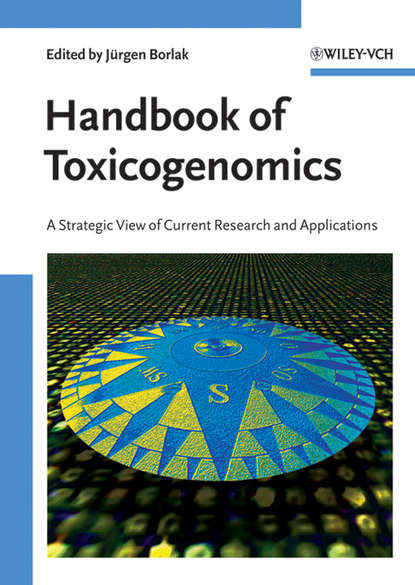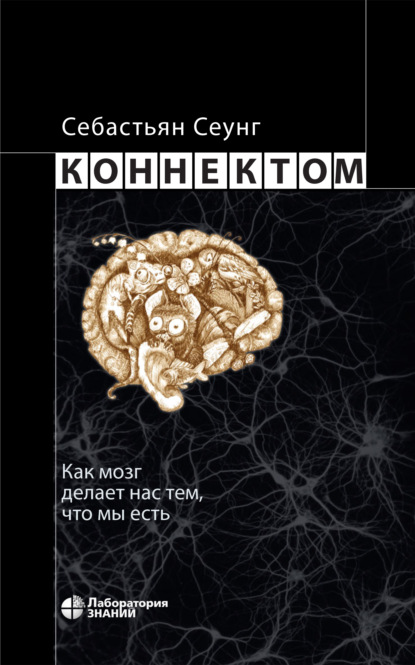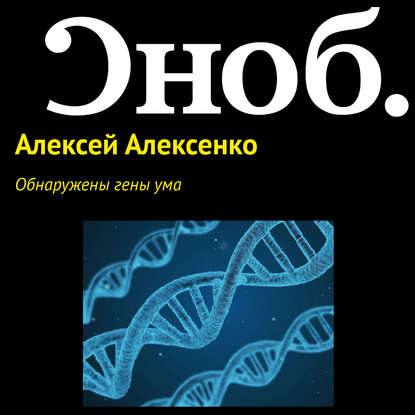"Handbook of Toxicogenomic" by Jürgen Brolak will be interesting for researchers who work on toxicology, pharma, food, and agriculture industries. Expert's data will help you optimize toxicologic analyses, handle chemicals, shorten the R&D processes, streamline the workforce.
It contains solid information about applications, perspectives, tools, analysis, regulatory perspectives, as well national perspectives and programs; authors including specialists from German Research Centers are for or major research institutes or companies and companies.
Электронная Книга «Handbook of Toxicogenomics» написана автором Jürgen Borlak в году.
Минимальный возраст читателя: 0
Язык: Английский
ISBN: 9783527604517
Описание книги от Jürgen Borlak
Toxicogenomics is a new, dynamic and very promising field that can help optimize toxicity analyses and streamline research into active substances. It is of interest not only for basic research and development, but also from a legal and ethical perspective. Here, experts from all the fields mentioned will find solid information provided by an international team of experienced authors. With its approach as an interdisciplinary overview, it will prove particularly useful for all those needing to develop appropriate research strategies. The authors work for major research institutions, such as the Fraunhofer Institute of Toxicology and Experimental Medicine (Germany), the German Cancer Research Center, the National Institute of Environmental Health Science (USA), the National Institute of Health Science (Japan) or for companies like Affymetrix, Altana Pharma, Bayer, Boehringer Ingelheim, Bruker, Merck, Nimblegen, Novartis, and Syngenta. Coverage ranges from the technology platforms applied, including DNA arrays or proteomics, via the bioinformatics tools required, right up to applications of toxicogenomics presented in numerous case studies, while also including an overview of national programs and initiatives as well as regulatory perspectives. Walter Rosenthal, Director of the Research Institute for Molecular Pharmacology in Berlin, praises the book thus: «I would like to congratulate the publishers of this handbook, one that deals with a extremely hot topic. They have succeeded in gaining as authors leading representatives from this field. The Handbook impressively shows how modern genomic research is leading to rapid advances and new insights within toxicology.»



















